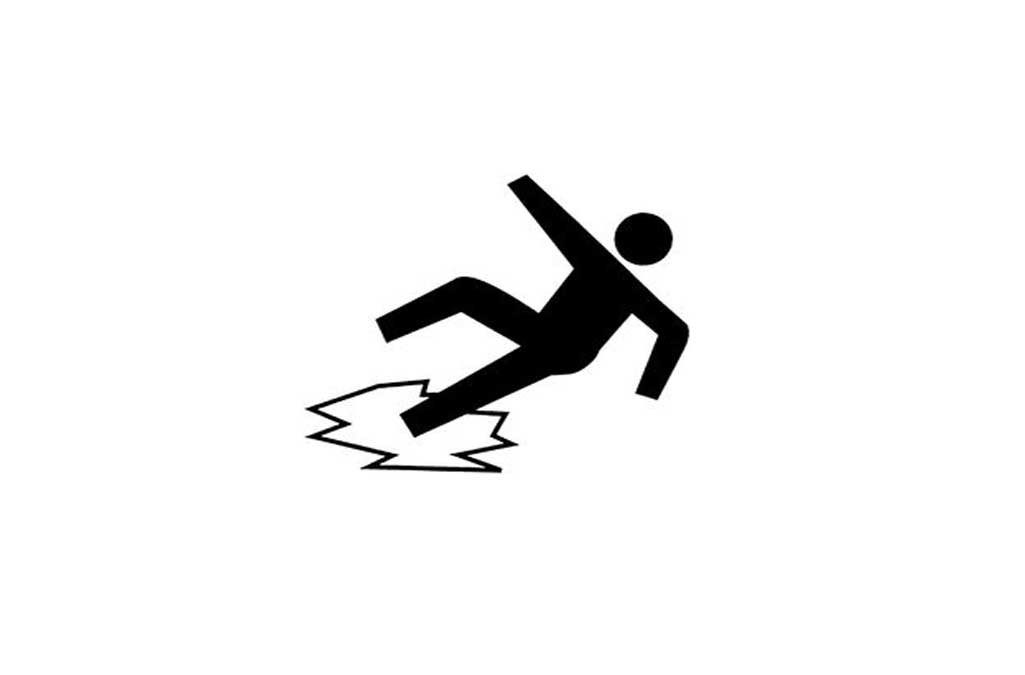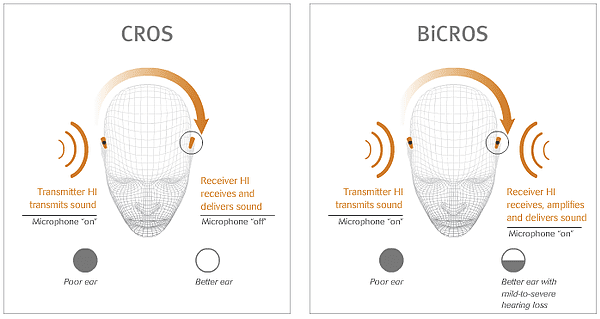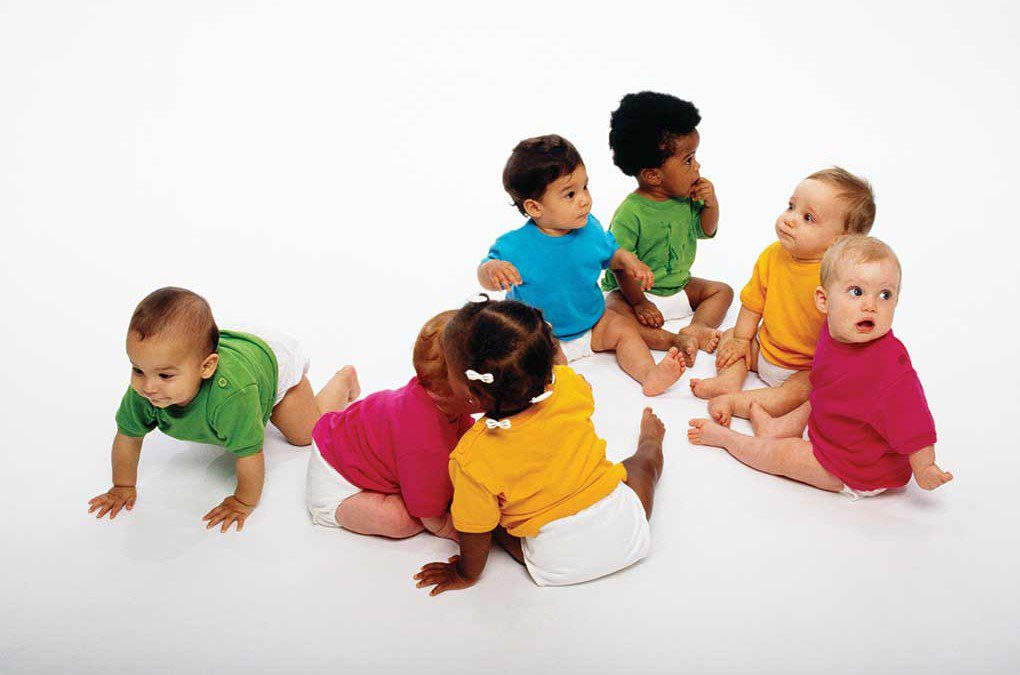
Apr 27, 2016
The Centers for Disease Control and Prevention (CDC) reports that one in every three people over the age of 65 falls each year, and that one out of five falls results in serious injury (broken bones, head injury, etc.). Because falls often severely compromise seniors’...

Apr 20, 2016
It is a mistake for new users of hearing instruments to think that they will immediately restore their hearing to a natural level much in the way that prescription eyeglass lenses correct a refractive error. While glasses correct vision instantly and to...

Apr 13, 2016
We know that the senses work together in ways that help our brains discern what is going on around us. For instance, the eyes and ears often work in tandem to help us calculate the position of an object in our visual field. Because light travels faster than sound, our...

Apr 6, 2016
The hearing-instrument technology known as Contralateral Routing of Signal (CROS) is designed for individuals with unilateral (one-sided) hearing. This feature utilizes a microphone in an instrument worn in the user’s non-hearing ear to pick up sound, which is...

Mar 30, 2016
While children with mild to severe hearing loss are challenged with poorer language development than their hearing peers, fitting these youngsters with hearing instruments helps them overcome these deficits. According to a first-of-its-kind, large-scale study...

Mar 23, 2016
While the best way to prevent hearing loss is to limit exposure to loud noise, researchers are beginning to find that some people may be more prone to noise-induced “sensorineural” (nerve-related) hearing loss than others. Thist ype of hearing loss involves...







